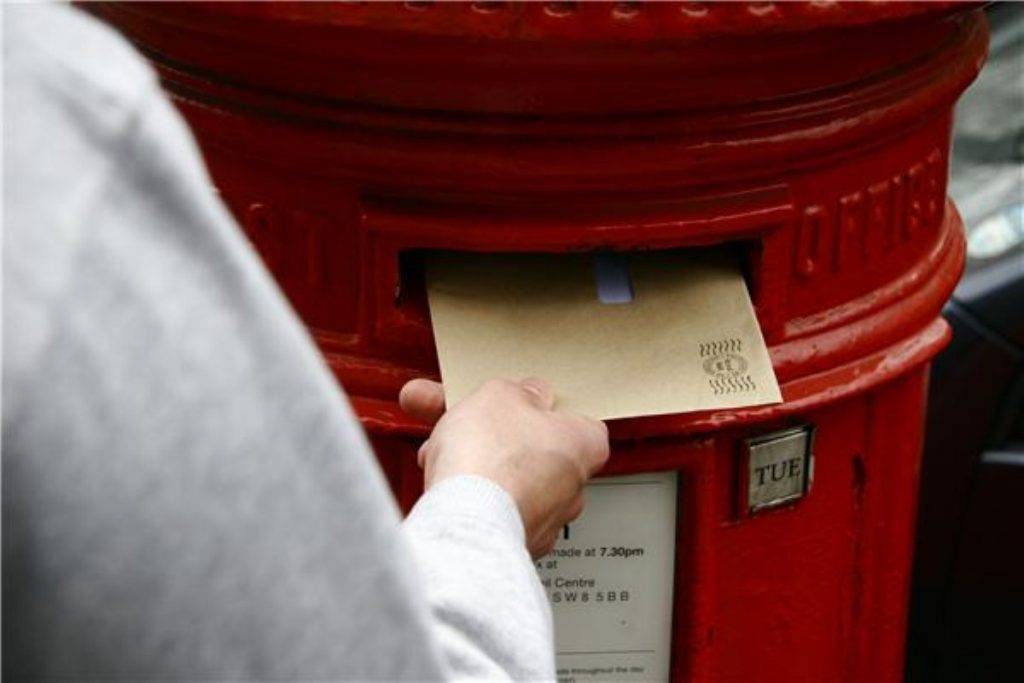‘Banana republic’ concerns renewed in Birmingham
More than 20,000 names have been removed from the register for postal votes in the wards at the centre of a vote rigging scandal in 2004.
The BBC has found that 22,500 people have seemingly dropped off the register for postal ballots in the six Birmingham wards investigated after the 2004 election.
In Aston and Bordersley Green, which were the focus of the inquiry, the number of postal votes is down by 80 per cent. Allegations of fraud were made in four other wards but not subject to a formal enquiry; the number of postal voters in these words has fallen by more than half.
Registration for postal votes has remained stable across the rest of the city, prompting scepticism that the sudden drop in voters could be the result of a loss of confidence.


The BBC learnt that the number of postal voters fell in the six wards after West Midlands police and the city council launched an audit to ensure residents knew they were registered for a postal ballot.
Numbers continued to fall after new computer checks were introduced.
Despite this, Birmingham city council chief executive Stephen Hughes said concerns remains about the reliability of technology used to check postal ballots.
“Essentially we are still operating a system that was invented in 1832 and there is some benefit, I think, in having a root and branch review of everything,” he told Radio 4’s Today programme.
The audit was prompted after the Election Commissioner Richard Mawrey QC upheld allegations of postal fraud relating to six seats won by Labour in the 2004 election.
He found evidence of “massive, systematic and organised” fraud and said the council election would have “shamed a banana republic”.
At the time, Mr Mawrey found a minimum of 1,500 votes had been cast fraudulently in the city, but the loss of 22,500 names has called this into question.
Ahead of tomorrow’s local elections, West Midlands assistant chief constable assured voters police would be scrutinising the process.
“We have never had this level of inspection of the process,” he told the Today programme.
“We have never worked so closely with the Electoral Commission or the councils to make sure that it goes ahead freely and fairly.”












